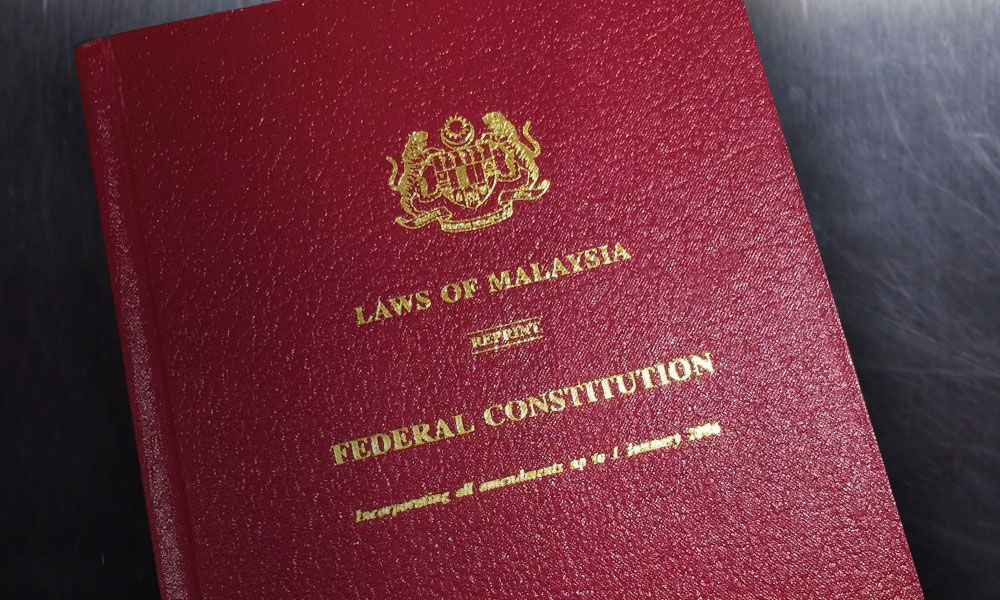LETTER | In the political realm around the world and also in Malaysia there have been political slogans such as transformation and reforms. In the Malaysian context, the opposition parties usually advocate the importance of changing unjust political, institutional, and socio-economic systems through reforms.
The slogan reformasi came about when Anwar Ibrahim was sacked from Umno and the entire government machinery and institution was used to demonise him. The whole episode had its roots in authoritarian rule, differences of opinion of how to deal with the financial crisis at that time, power game within Umno, and the internal trust deficit between Dr Mahathir and Anwar.
When Najib Abdul Razak became prime minister, he introduced the so-called transformational programme in the socio-economic spheres that led to some substantial changes such as opening up government services to public convenience, which was overshadowed by grand corruption and abuse of power that was not dealt from its source.
The 1MDB scandal demonstrated a deep-rooted institutional illness that was inherited from a system that gave the sitting prime minister unfettered powers.
The question is, will reforms actually take place in Malaysia in the context of the powerful prime ministerial powers, hegemonic tendencies among political parties for power, partisan political understanding of the Federal Constitution, ethno-religious superiority, bureaucracy that is fed with ethnic and religious indoctrination, with its small napoleons thwarting reform effort?
As the short stint of Pakatan Harapan in governance has shown, the efforts for authentic reforms were derailed due to ethno-centric party within Harapan competing with the likes of Umno and PAS to champion the Malay community where privileges were far more important than doing what an honest, just and competent government would do.
For example, the reversal on the pledge to ratify a UN convention against racial discrimination for fear that it could dilute privileges for the majority of ethnic Malays, besides strong protest from Umno and PAS, clearly shows doing the right thing is an uphill battle in the Malaysian political culture.
Doing the right thing would have undermined various vested interests within the government, above the government and the corporate world who were not prepared to surrender their entrenched interests that were built over the years.
In this context, the real solution would be for political elites and Malaysians as a whole to introspect and renew their inner conscience before reforms could be instituted. This entails the importance of renewal of spirit and mind that embraces the wholeness of the nation and doing away with partisan, racial and religious politics.

For example, politicians should renew themselves by reading the Federal Constitution as a whole document with a sense of balance and appreciate its diversity and complexity. Wholeness also means a renewal of perception from destructive partisan politics, and acknowledging the good when politicians from the other side do something right.
Renewal for politicians would also mean breaking the barriers of race and religion by engaging in dialogue and standing up for the other when human rights are violated.
Religious institutions should renew themselves and understand that every human person has dignity and are equal in the eyes of God. God, who is understood to be powerful and all-embracing, cannot be reduced exclusively to any religious or political organisation.
Civil servants should renew themselves by showing allegiance to professionalism and ethical conduct and not be emotionally inclined towards ethno-religious tribalism and expecting privileges without merit and competency.
The truth is unless Malaysian society as a whole embraces a spiritual renewal, reforms would be impossible and an uphill battle. It will remain a political slogan. Let’s embrace renewal before reforms.
RONALD BENJAMIN is secretary of the Association for Community and Dialogue.
The views expressed here are those of the author/contributor and do not necessarily represent the views of Malaysiakini.

